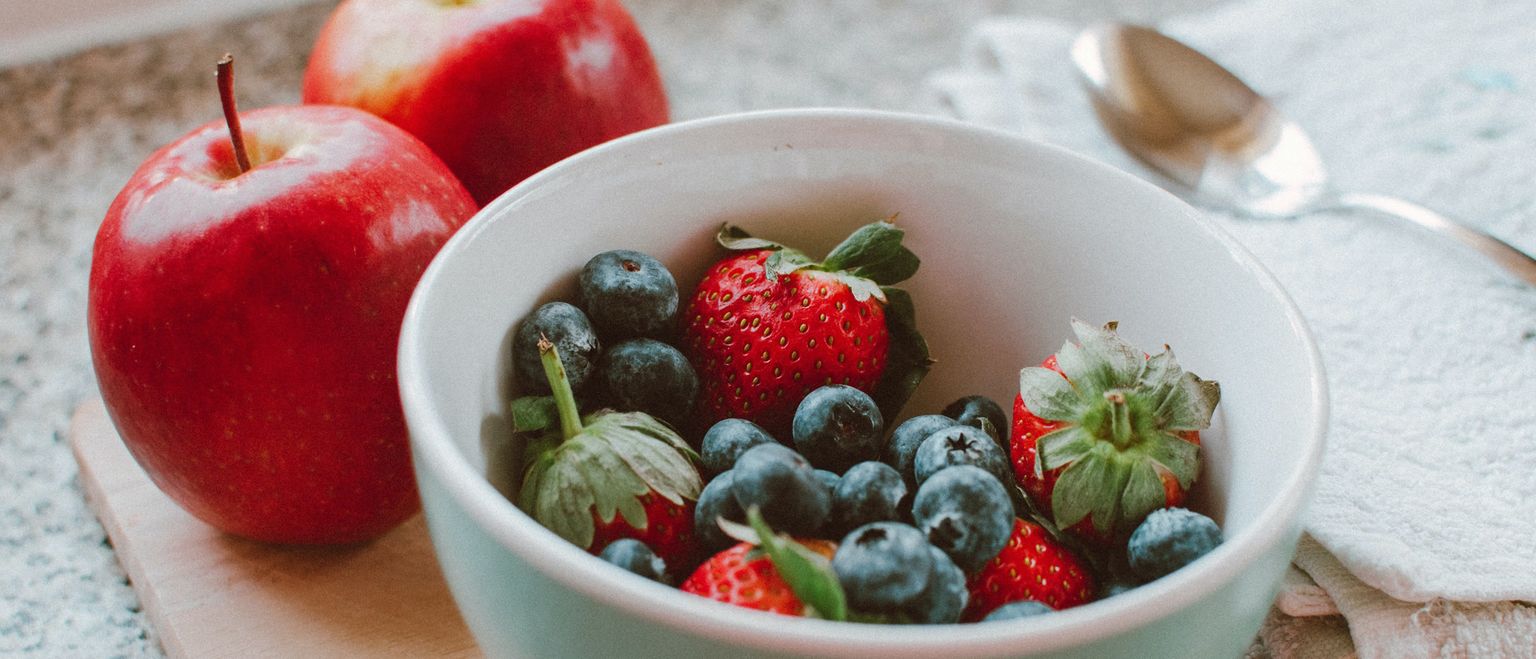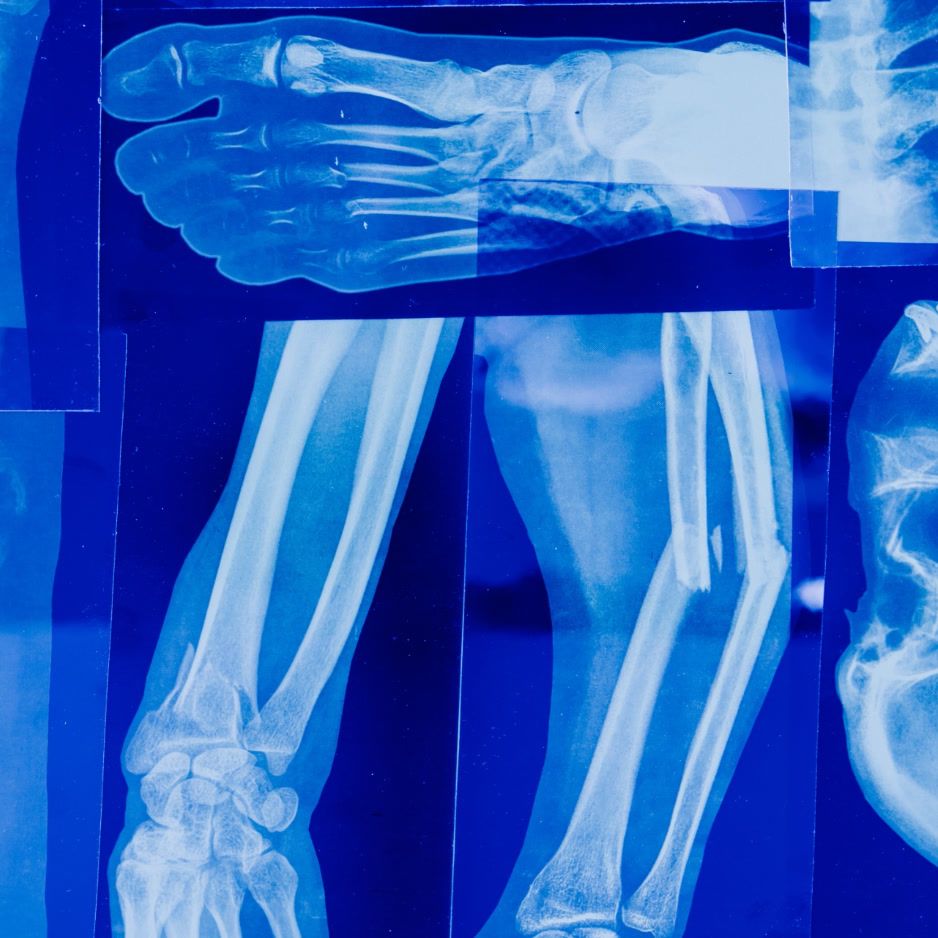Fructose - Not So Sweet After All

Not all carbohydrates are created equal.
Fructose, the sugar found naturally in fruits and unnaturally in products like soft drinks, can be detrimental to health if consumed in excess. Fructose is more readily converted into fat, compared with other types of sugar like sucrose.
Get weekly updates.
This is due to the way fructose is digested and metabolized by the body, putting excess strain on the liver. The consequences include increased fat production in the liver, a decrease in “good” HDL cholesterol, and an increase in “bad” LDL cholesterol. Over time, an individual consuming excess fructose can develop fatty liver disease--previously a disease seen only in alcoholics.
So how much is too much? The average American consumes an estimated 55 - 70 grams of fructose per day, about triple the recommended amount. Let’s look at the amount of fructose, as well as fiber and carbs, in various fruits:
| Food Item | Serving Size | Grams of Fructose | Grams of Carbs | Grams of Fiber |
|---|---|---|---|---|
| Raisins | 1/2 cup packed | 24 | 65 | 3 |
| Dates | 3 | 23 | 54 | 4.8 |
| Mangos, fresh | 1/2 medium | 13.7 | 25 | 2.7 |
| Grapes | 1 cup | 12.7 | 27 | 1.4 |
| Apple | 1 medium | 10.7 | 25 | 4.4 |
| Blueberries | 1 cup | 7.4 | 21 | 3.6 |
| Banana | 1 medium | 7.1 | 27 | 3.1 |
| Orange | 1 medium | 6 | 15 | 3 |
| Prunes | 1/4 cup | 5.4 | 28 | 3.1 |
| Figs (fresh) | 3 | 4.5 | 29 | 4.4 |
| Strawberries | 1 cup whole berries | 3.8 | 11 | 2.9 |
| Blackberries | 1 cup | 3.5 | 14 | 7.6 |
| Raspberries | 1 cup | 2.9 | 15 | 8 |
Ideally you should choose fruits that pack the highest punch of fiber and lower amounts of fructose - you can see that fresh berries are a great choice, while the sugar in dried fruit like raisins and dates adds up very quickly.
Now let's look at other sources of fructose in the diet:
| Food Item | Serving Size | Grams of Fructose | Grams of Carbs | Grams of Fiber |
|---|---|---|---|---|
| Coca-Cola | 12 oz | 30 | 40 | 0 |
| Minute Maid 100% apple juice | 12 oz | 22 | 39 | 1 |
| Ocean Spray Cranberry Cocktail 100% juice | 12 oz | 20 | 39 | .4 |
| Applesauce, plain | 1 cup | 14 | 27.5 | 2.7 |
| Agave syrup | 1 tbsp | 10.3 | 16 | 0 |
| Honey | 1 tbsp | 8.6 | 17.3 | 0 |
| BBQ sauce (average brand) | 2 tbsp | 5 | 14 | .4 |
| Ketchup | 2 tbsp | 3 | 9 | 0 |
| Maple syrup | 1 tbsp | .10 | 15 | 0 |
So what's the big takeaway? Avoiding fruit juices, sodas and other sweetened products and sticking with fresh fruits, especially berries, will help to keep your fructose intake at a healthy level. You’d have to eat a whole lot of fruit to come close to the amount of fructose found in a single bottle of soda or fruit juice.
The one case in which high quantities of fructose may be beneficial is in endurance athletes. Have you ever watched the Tour de France and noticed the aid cars literally handing the cyclists Coca-Cola to drink in the middle of the race? This is because when glucose stores in the body have been severely depleted, fructose is actually a great way to quickly provide usable energy to the working muscles. So the next time you head out to tackle an 8 hour bike ride through the French Alps, go ahead and pack those cold sodas!


